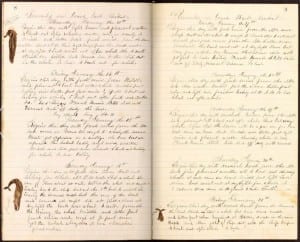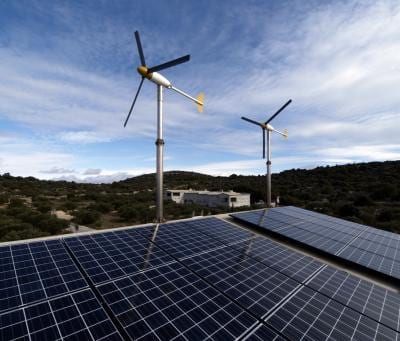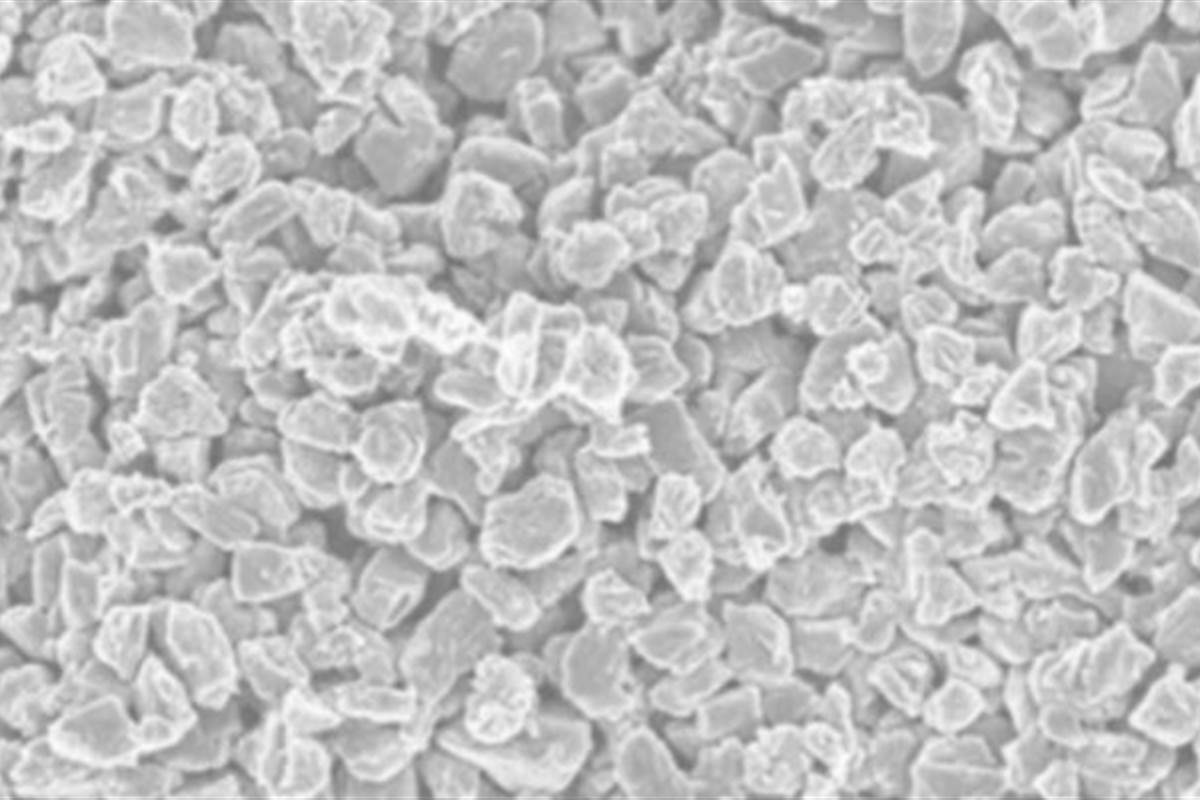
Even if climate negotiations in Paris are successful, the planet is locked into long-term warming and an uncertain future. The Arctic is warming twice as fast as the rest of the world.
But what was the Arctic like before — when maritime explorers and whale hunters first ventured into its icy seas? If scientists could know more about Arctic climate of the past, they could better understand today’s changes, and use that knowledge to improve projections for the future.
Old Weather is a citizen-science project led by a University of Washington scientist and former mariner that is mining historic ships logs to get a unique peek at Arctic climate over the past two centuries.
An update launched Dec. 3 expands the project to also include hundreds of whaling ships, whose logbooks were preserved and scanned into digital form from New England museums and libraries.
Until now, Old Weather has mined logbooks from historic federal ships’ logs, scanned in recent years at the National Archives in Washington, D.C. The whaling ships will add a new source of data for conditions in Arctic Ocean waters.
“The whaling ships provide a rich resource for us to use for the region north of Bering Strait,” said project leader Kevin Wood, a research scientist at the Joint Institute for the Study of the Atmosphere and the Ocean, a partnership between the UW and the National Oceanic and Atmospheric Administration. “In some years there may have been 40 or 50 ships working in that sector of the Arctic.”
The commercial whaling boats recorded sea ice and weather data in more than 400 logbooks from voyages dating as far back as the 1840s, with most taking place from the mid-1800s to the early 1900s.
“They’re not doing the hourly instrumental weather that the federal ships did, but they talk about sea ice in a very thorough way,” Wood said. “We can get more than one ship at a time in one area. This will allow us to get a much better characterization of the sea ice and other environmental conditions, especially in the Pacific Arctic.”
Read more: Citizen-science climate project adds logs from historic Arctic whaling ships
The Latest on: Citizen science
[google_news title=”” keyword=”Citizen science” num_posts=”10″ blurb_length=”0″ show_thumb=”left”]
via Google News
The Latest on: Citizen science
- Citizen science: Dept. of Conservation, Agriculture ask for help with black vulture studyon April 26, 2024 at 1:01 pm
MDC, USDA needs public’s help with black vulture studyThe Missouri Department of Conservation (MDC) is partnering with the U.S. Department of Agriculture (USDA) ...
- Across the Finish Line! Citizen Science Month Final Days.on April 26, 2024 at 10:42 am
One Million Acts of Science challenge met, but lots of important project work is still left!
- You might find a rare species in your backyard: How global citizen science contributes to biodiversity knowledgeon April 26, 2024 at 9:28 am
While it can be hard for us to notice as we go about our busy lives, cities are filled with indigenous plants, fungi, insects, spiders and other little creatures, as well as birds, frogs and reptiles.
- 'Citizen scientists' help NASA discover over 1,000 new asteroids using Hubble Telescopeon April 25, 2024 at 5:06 pm
NASA said volunteers scanned 19 years' worth of images from the Hubble Telescope, using a new approach that could lead to other discoveries.
- Gotham Whale, a New York City-based nonprofit, allows citizen scientists to assist in conservation effortson April 25, 2024 at 6:41 am
A whale-watching excursion that embarks straight from New York City offers passengers an opportunity to and assist in much-needed conservation efforts.
- ‘Not the only birder in the village’: how citizen science is the bedrock of tackling species losson April 20, 2024 at 3:59 pm
Birdwatching may have started out as a hobby, but active volunteers are helping bridge data gaps of threatened species and reaping real world outcomes as they go ...
- Citizen Scientists Will Capture DNA From 800 Lakes In One Dayon April 19, 2024 at 12:50 pm
The project aims to find species that have gone unnoticed by sampling the waters of hundreds of lakes worldwide for environmental DNA.
- Seychelles beach cleans demonstrate potential for citizen science to tackle marine litteron April 17, 2024 at 10:36 am
Volunteer clean-ups have resulted in almost nine metric tons of marine litter being cleared from beaches across the Seychelles, in what researchers have described as a powerful demonstration of the ...
- Leveling Up Science: How Gamers Are Advancing Biomedical Researchon April 17, 2024 at 10:06 am
Major worldwide citizen science initiative advances understanding of the human microbiome. According to a recent study in Nature Biotechnology, leveraging gamers and video game technology can ...
- A Solar Neighborhood Census, Thanks to NASA Citizen Scienceon April 16, 2024 at 7:22 am
To take a census of nearby cosmic objects, sending out a survey won’t work. Scientists need to use many telescopes with different specializations to chart what is in the general neighborhood of the ...
via Bing News




